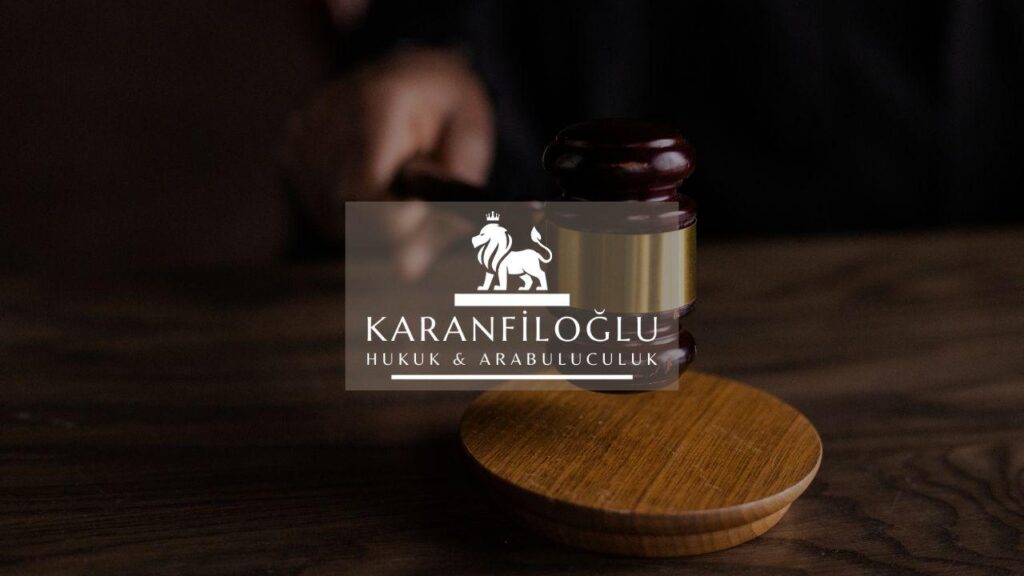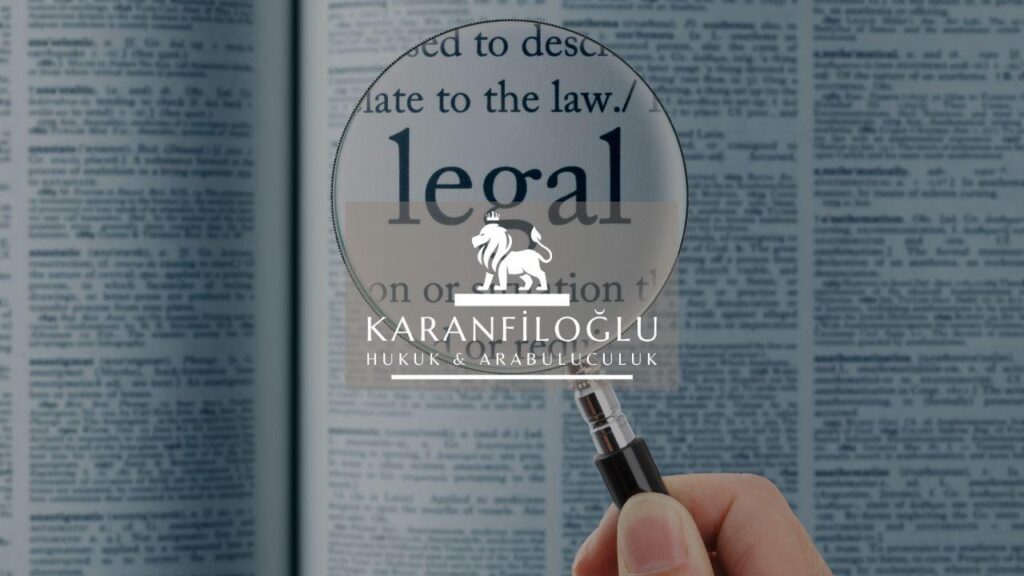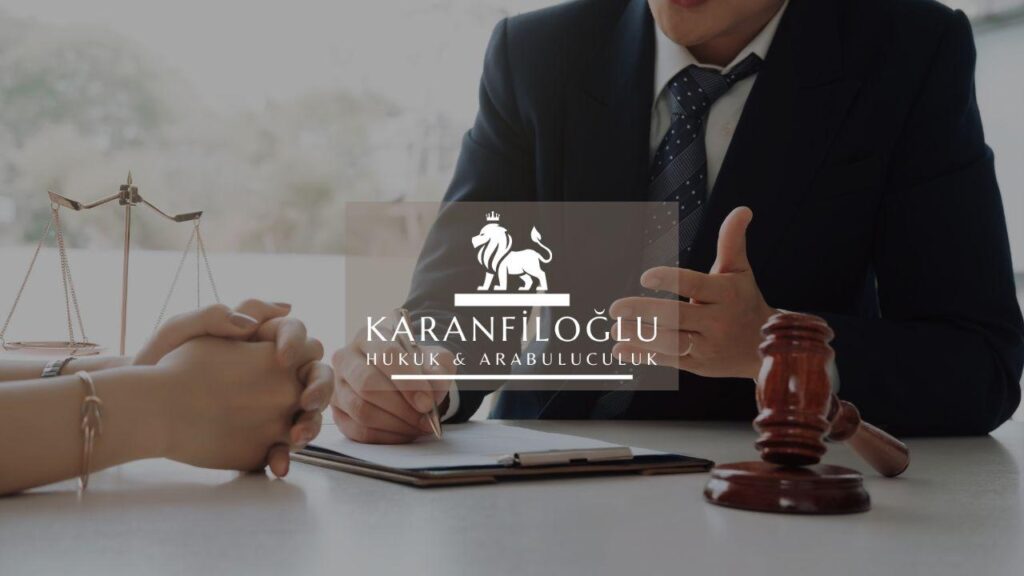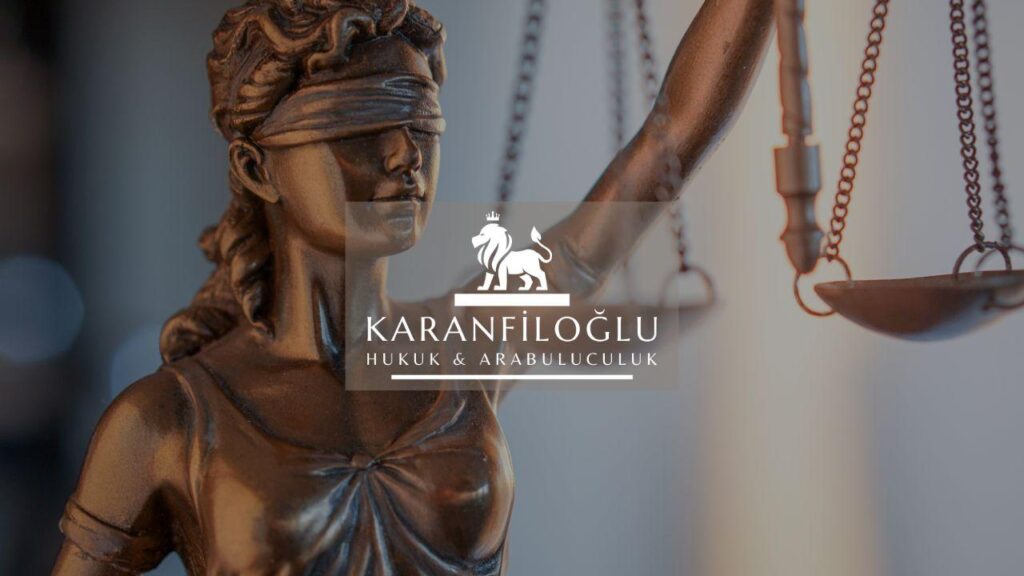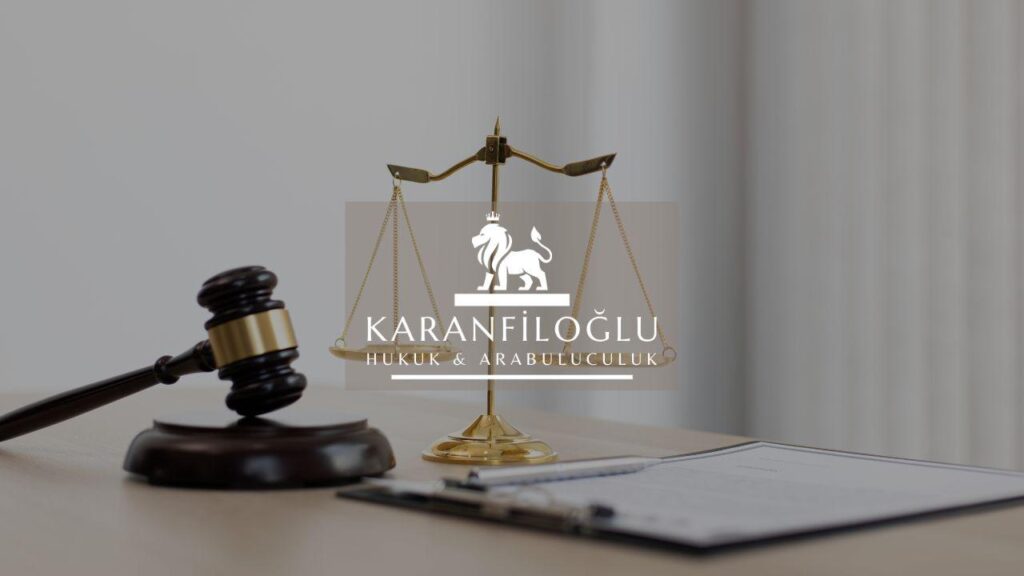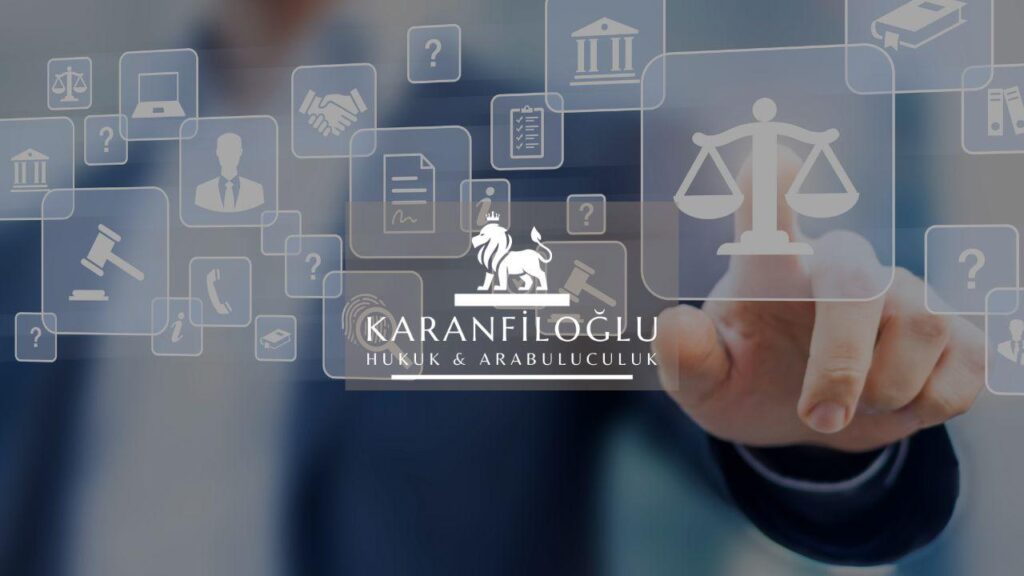Handling a defamation case in Turkey requires a keen understanding of the legal framework established under Turkish Law. The core regulations governing defamation are primarily outlined in the Turkish Penal Code (TPC) under Articles 125 to 131, which address insult and slander offenses. Additionally, the Turkish Civil Code Articles 24 and 25 also provide mechanisms for addressing breaches of personal rights through civil remedies. At Karanfiloglu Law Office, our experienced team of legal experts is adept at navigating the complexities of these statutes to protect the reputation and personal rights of our clients. From gathering sufficient evidence to filing complaints and representing clients in court, our comprehensive legal services ensure that every aspect of a defamation case is handled with meticulous care and professionalism. Understanding the importance of timely action, we prioritize swift and strategic responses to mitigate any damage caused by defamatory statements, ensuring our clients receive the justice they deserve.
Understanding the Legal Framework for Defamation in Turkey
Understanding the legal framework for defamation in Turkey begins with the relevant provisions within the Turkish Penal Code (TPC). Articles 125 to 131 of the TPC specifically address the offenses of insult (hakaret) and slander (iftira), defining them as criminal activities subject to various degrees of punishment. Insult, described under Article 125, can result in imprisonment or judicial fines, depending on the nature of the defamatory statements and their impact on the victim’s reputation. Slander, covered under Article 267, involves falsely accusing someone of a crime and carries even more severe penalties. Additionally, the Turkish Civil Code Articles 24 and 25 allow individuals to seek civil remedies for breaches of personal rights, providing a legal avenue to claim damages and demand the cessation of ongoing defamatory conduct. At Karanfiloglu Law Office, we ensure our clients are well-informed about these critical legal aspects, empowering them to make informed decisions in their defamation cases.
A critical element in defamation cases is the burden of proof, which lies with the complainant. According to Article 127 of the Turkish Penal Code, the victim must provide evidence demonstrating that the defamatory statements were indeed conveyed, and that they have caused harm to their personal or professional reputation. This typically involves collecting witness statements, text-based evidence such as emails or social media posts, and any other tangible documentation that can support the claim. Furthermore, the accused party has the right to present a defense by demonstrating that the statements were either true or that they were made in good faith for the public interest, as outlined in Article 129 of the TPC. At Karanfiloglu Law Office, we guide our clients through the intricacies of gathering robust evidence and formulating a compelling case, ensuring that each step is undertaken with precision to uphold their rights and seek justice effectively.
Navigating a defamation case requires not only a firm grasp of the legal statutes but also strategic legal counsel to effectively address the nuances of each unique situation. At Karanfiloglu Law Office, our dedicated team leverages extensive experience and a thorough understanding of Turkish defamation laws to provide personalized legal strategies for our clients. We recognize the emotional and reputational impact of defamation and strive to offer compassionate, yet assertive, representation. By meticulously preparing for every legal scenario, from pre-trial negotiations to courtroom litigation, we ensure that our clients’ rights are vigorously defended. Leveraging both criminal and civil statutes, we tailor our approach to achieve the most favorable outcomes, whether seeking compensatory damages under Articles 24 and 25 of the Turkish Civil Code or pursuing criminal accountability under the TPC. Trust Karanfiloglu Law Office to adeptly handle your defamation case, safeguarding your reputation and personal integrity with unwavering commitment and expertise.
Steps to Take When You Are Defamed: A Comprehensive Guide
When you first realize that you have become a victim of defamation, it is crucial to act swiftly to preserve your rights and gather evidence. The initial step involves documenting all instances of the defamatory statements, whether they were made verbally, in writing, or through digital platforms. Collecting screenshots, recordings, and any other relevant evidence can be instrumental in proving the defamation in court. Under Turkish Penal Code Articles 125 to 131, this evidence is essential to establish the credibility of the claim. Additionally, ensure to identify and list any witnesses who can corroborate your account of events. Engaging with a legal expert from Karanfiloglu Law Office at this early stage ensures that all pertinent evidence is preserved and that you receive the guidance needed to navigate the subsequent legal processes effectively.
Once you have gathered the necessary evidence, the next step is to file a formal complaint with the appropriate authorities, which is usually the Public Prosecutor’s Office. According to Article 131 of the Turkish Penal Code, individuals have a six-month window from the date they become aware of the defamatory act to initiate a criminal complaint. In parallel, you may also consider filing a civil lawsuit under Articles 24 and 25 of the Turkish Civil Code to seek compensation for any emotional or financial damage incurred. Our team at Karanfiloglu Law Office can assist you in drafting the complaint, ensuring that it details the specific defamatory statements, the context in which they were made, and the harm they caused. Acting within the stipulated timeframe maintains the validity of your case and sets the stage for a robust legal strategy aimed at achieving a favorable outcome.
Following the filing of your complaint, the progression of your case will largely depend on the competent authorities’ investigation and subsequent legal proceedings. Engaging a skilled defamation lawyer from Karanfiloglu Law Office during this phase is crucial for effectively navigating courtroom procedures and legal formalities. Our legal team will guide you through each stage, from the preliminary investigation to presenting your case in court, advocating fiercely on your behalf. Given the dual avenues of criminal and civil recourse in Turkish law, your lawyer will strategically decide the best course of action, whether it’s pushing for criminal sanctions under the Turkish Penal Code Article 125 or securing monetary compensation through civil remedies prescribed in the Turkish Civil Code Articles 24 and 25. Our advocates ensure that both your personal rights and your dignity are defended, striving to achieve a just resolution to your defamation case with the most advantageous legal outcome.
Choosing the Right Lawyer for Your Defamation Case in Turkey
Choosing the right lawyer for your defamation case in Turkey is crucial to achieving a favorable outcome. At Karanfiloglu Law Office, our expertise stems from a thorough understanding of both the Turkish Penal Code and the Turkish Civil Code as they pertain to defamation. Articles 125 to 131 of the TPC meticulously define what constitutes insult and slander, while Articles 24 and 25 of the Civil Code provide avenues for civil redress. Our legal team possesses a profound knowledge of these statutes, ensuring that every step, from initial consultation to courtroom representation, is executed with precision. By selecting a lawyer specialized in defamation law, you gain an advocate capable of crafting a compelling case, safeguarding your personal rights, and effectively navigating the legal intricacies to ensure justice is served.
When choosing a lawyer for your defamation case, experience and specialization in media and internet law can be particularly beneficial. The ever-expanding digital landscape necessitates a keen understanding of how defamatory statements are proliferated online and how Turkish law regulates such matters. Article 9 of Law No. 5651 on Regulating Broadcasting in the Internet and Fighting Against Crimes Committed through Internet Broadcasting provides guidelines and authority to remove online content that infringes upon personal rights. Our team at Karanfiloglu Law Office stays abreast of these evolving regulations to offer cutting-edge legal advice tailored to the digital realm. We meticulously evaluate your case to identify all facets of defamation, including online platforms, ensuring a robust and comprehensive legal strategy that addresses both traditional and digital defamation effectively.
At Karanfiloglu Law Office, our commitment to client satisfaction extends beyond mere legal representation. Understanding the emotional and reputational toll that defamation can inflict, our dedicated legal professionals offer personalized support throughout the legal process. Our approach is not only to advocate on your behalf but also to provide reassurance and clarity during what can be a stressful time. By maintaining transparent communication, we ensure that you are informed about every development in your case. Additionally, we offer strategies to manage public relations and media interactions effectively, helping to minimize any further impact on your reputation. With Karanfiloglu Law Office by your side, you can rest assured that your defamation case is in capable hands, poised to achieve the best possible outcome.
Disclaimer: This article is for general informational purposes only and you are strongly advised to consult a legal professional to evaluate your personal situation. No liability is accepted that may arise from the use of the information in this article.


